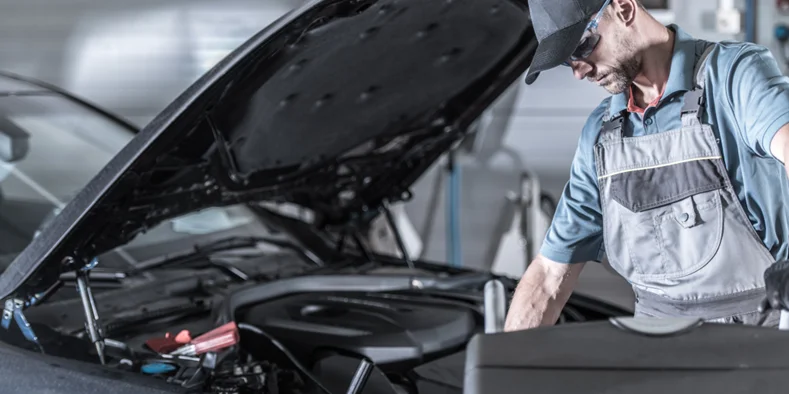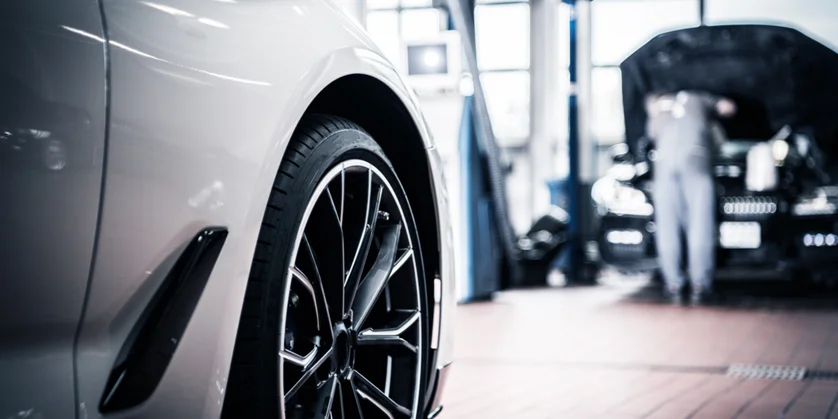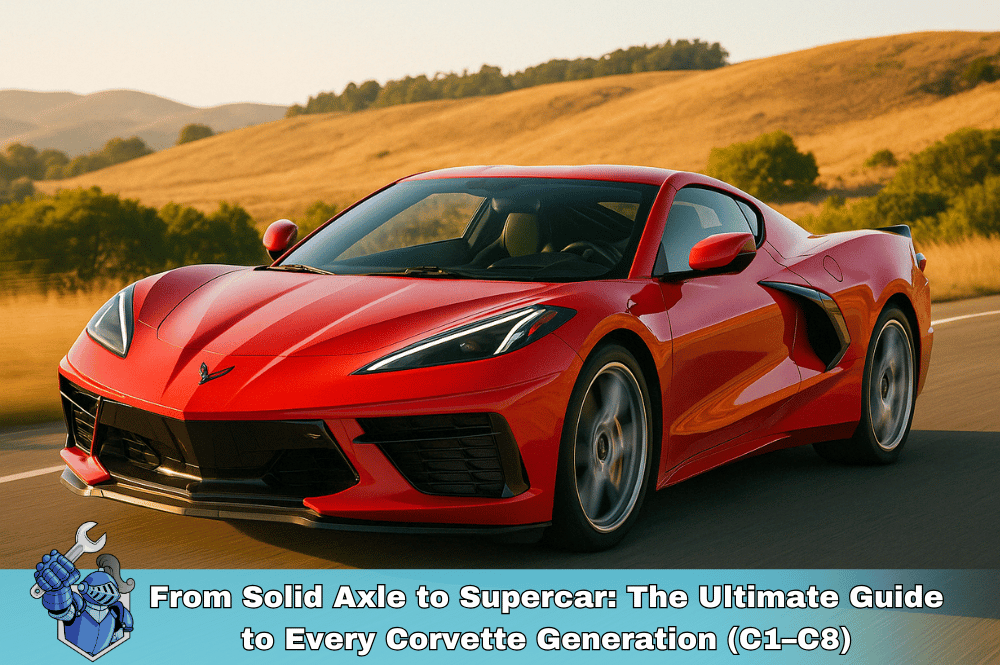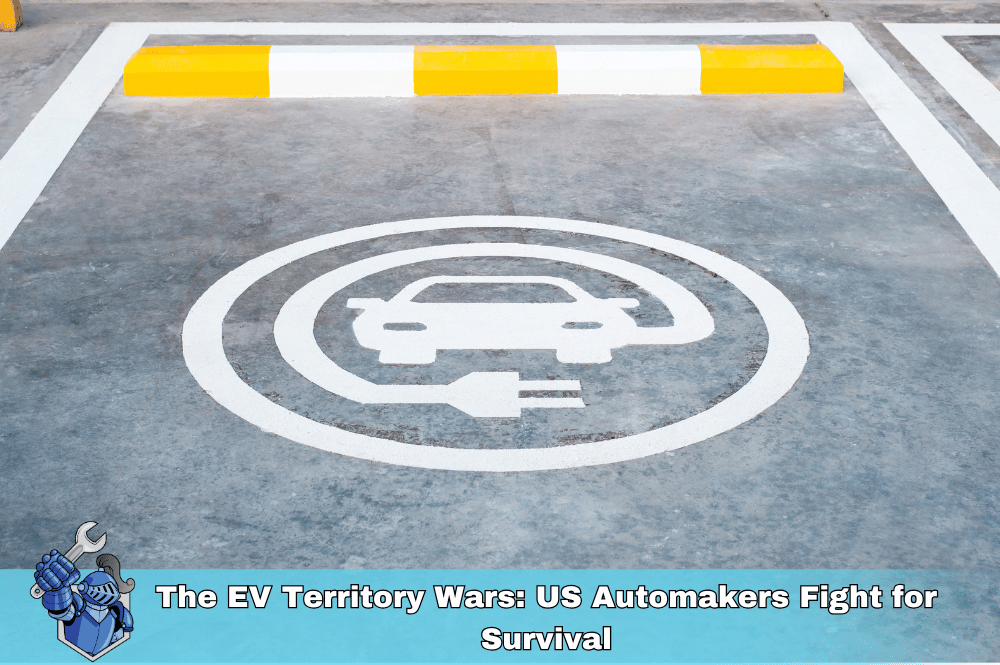In today's fast-paced world, owning a car has become necessary for many. However, with the convenience of owning a vehicle comes the responsibility of maintenance and repairs. Car warranties provide peace of mind to car owners by covering the cost of repairs. Still, there's often a choice: manufacturer warranties or third-party extended car warranties. In this blog, we'll delve into the key differences between these two options, helping you make an informed decision.
Understanding Manufacturer Warranties

What is a Manufacturer Warranty?
A manufacturer or factory warranty is a guarantee provided by the car's maker. It covers specific repairs and replacements within a predetermined period or mileage limit. These warranties are usually included in the purchase price of a new vehicle.
Pros of Manufacturer Warranties
Peace of Mind: Knowing the manufacturer stands behind their product can boost your confidence.
Genuine Parts: Manufacturer warranties often ensure the use of genuine parts for repairs.
Nationwide Service Network: You can usually get service at any authorized dealership.
Cons of Manufacturer Warranties
Limited Duration: Manufacturer warranties eventually expire, leaving you without coverage.
Limited Customization: You can't tailor the coverage to your specific needs.
Upfront Costs: You pay for the warranty upfront, whether you use it or not.
Exploring Third-Party Extended Warranties
What is a Third-Party Extended Car Warranty?
A third-party extended car warranty, also known as an aftermarket warranty or a vehicle service contract, is a plan offered by companies other than the original car manufacturer. These warranties are designed to cover the cost of repairs and replacements after the manufacturer's warranty has expired. They can be purchased at the time of buying a vehicle or later on, providing flexibility for car owners.
Key Features of Third-Party Extended Car Warranties:
Extended Coverage
Third-party warranties can extend coverage well beyond the factory warranty period. This means you can protect your vehicle for a longer duration, which is particularly beneficial as cars age and the likelihood of repairs increases.
Customization
Unlike manufacturer warranties, third-party warranties offer a high degree of customization. You can tailor the coverage to focus on the components that matter most to you, such as the powertrain, electronics, or even specific parts like brake pads or the transmission.
Cost-Effectiveness
Third-party warranties can be more cost-effective in the long run. They often provide comprehensive coverage at a lower price compared to the cost of repairing major components without coverage. This can offer significant savings, especially for expensive repairs.
Flexibility in Repair Shops
With third-party warranties, you are not limited to visiting authorized dealerships for repairs. Many plans allow you to choose from a wider network of repair shops, including local mechanics and specialty service centers, giving you more flexibility and convenience.
Transferability
Many third-party extended warranties are transferable. If you decide to sell your car before the warranty expires, the remaining coverage can be transferred to the new owner. This can increase the resale value of your vehicle, making it more attractive to potential buyers.
Additional Benefits:
Rental Car Reimbursement
Some third-party extended warranty plans offer rental car coverage, ensuring you have a vehicle while yours is being repaired.
Trip Interruption Coverage
In case of a breakdown during a trip, these warranties may provide trip interruption coverage, covering expenses such as lodging and meals.
Roadside Assistance
Many third-party warranties include roadside assistance services, providing help in case of a flat tire, dead battery, or other emergencies.
Mechanical Breakdown Insurance
Third-party extended auto warranty plans often function as mechanical breakdown insurance, offering protection beyond the factory's warranty. This can be particularly valuable for high-mileage vehicles or older cars where the likelihood of breakdowns is higher.
Considerations When Choosing a Third-Party Warranty:
Coverage Details
Understand what the warranty covers and what it does not. Look for exclusions and limitations, and make sure the plan aligns with your needs.
Claim Process
Investigate the claim process of the third-party warranty provider. A straightforward and efficient process can save you time and hassle when you need to file a claim.
Reputation
Research the reputation of the third-party warranty provider. Look for reviews and ratings from other customers to ensure you are choosing a reliable company.
Cost
Compare the cost of the warranty with the potential savings on repairs. While a lower upfront cost might be attractive, make sure it does not come at the expense of comprehensive coverage.
Additional Services
Consider any additional services offered by the warranty provider, such as 24/7 customer support, mobile app access, or online claim filing.
In summary, third-party extended car warranties offer a flexible and cost-effective way to continue protecting your vehicle after the manufacturer’s warranty has expired. They provide extensive coverage options, flexibility in repair shop choice, and additional benefits that can enhance your overall ownership experience. By carefully evaluating your options and choosing a reputable provider, you can ensure peace of mind and protection against unexpected repair costs.
Coverage Comparison
Manufacturer warranties primarily cover defects in materials and workmanship. Third-party warranties can be more comprehensive, often including coverage for wear and tear, electronics, and more.
Cost Comparison
Manufacturer warranties are usually included in the vehicle's price. Third-party extended car warranties, like powertrain warranties and bumper-to-bumper warranties, are an additional expense but can be more cost-effective in the long run by covering the cost of repairing various parts.
Repair Shop Options
Manufacturer warranties typically require you to visit an authorized dealership. Third-party warranties often provide more flexibility in choosing a repair shop.
Claim Process
Manufacturer warranties generally have straightforward claims processes. Third-party warranties may vary in complexity.
Transferability
Manufacturer warranties are typically non-transferable, while some third-party warranties can be transferred to a new owner.
Customization Options
Third-party warranties offer more flexibility in customizing coverage options to suit your specific needs.
Duration of Coverage
Manufacturer warranties have set durations, while third-party warranties can often be extended for longer periods.
Exclusions and Limitations
Both types of warranties have exclusions and limitations. It's crucial to understand these before making a decision.
Customer Reviews and Reputation
Researching customer reviews and the reputation of warranty providers can help you make an informed choice.
Making the Right Choice
Consider factors such as your vehicle's age, your budget, and your specific needs when deciding between a manufacturer warranty and a third-party extended warranty.
Conclusion
In the battle of manufacturer vs. third-party extended vehicle warranties, there's no one-size-fits-all answer. Your choice should align with your unique circumstances and preferences. Whether you prefer the peace of mind of a manufacturer warranty or the customization options of a third-party extended warranty, the decision ultimately rests with you. For more information and to further educate yourself on car warranties, visit our Blog and Learning Center.
FAQs
Q: Are third-party extended car warranties worth the extra cost?
A: It depends on your vehicle and your preferences. Third-party warranties can offer more comprehensive coverage options, but you should assess your needs and budget.
Q: Can I cancel a third-party extended warranty or vehicle service contract?
A: Yes, many third-party extended warranty companies offer a cancellation policy, but terms and conditions may apply.
Q: Do manufacturer warranties cover regular maintenance?
A: Generally, no. Manufacturer warranties typically cover defects, not routine maintenance.
Q: Can I purchase an extended warranty after my manufacturer warranty expires?
A: Yes, you can usually purchase extended warranties or vehicle service contracts at any time, even after the manufacturer warranty expires.
Q: How do I find a reputable third-party warranty provider?
A: Research online reviews, ask for recommendations, and look for providers with a solid track record.
Suggestions for you
Read MoreLet’s work together
Every week we showcase three charitable organizations that our donations are sent to. Our clients are able to choose which of these three will receive their gift when they add coverage to their vehicle...




